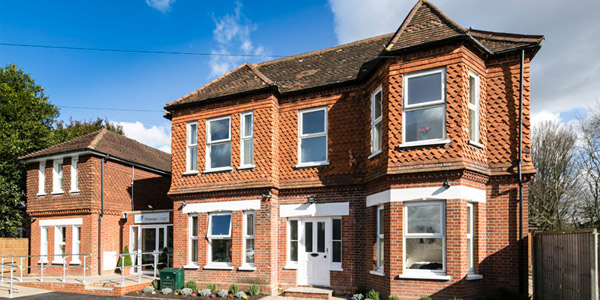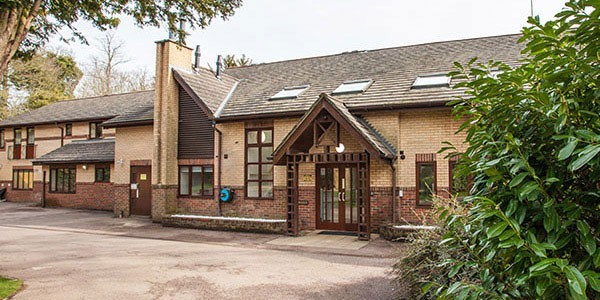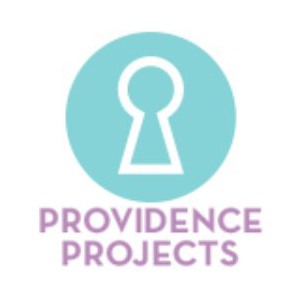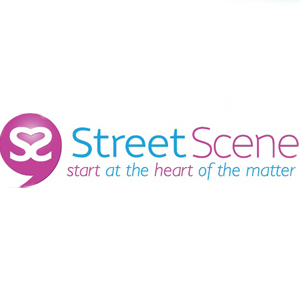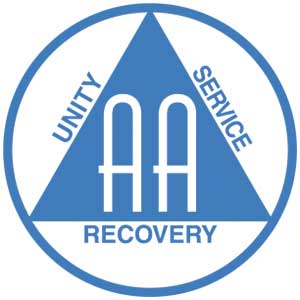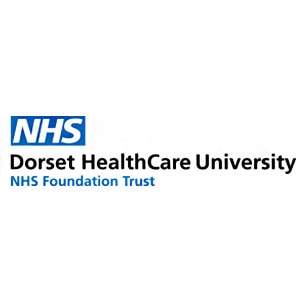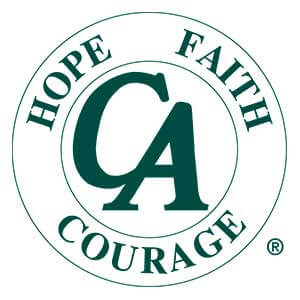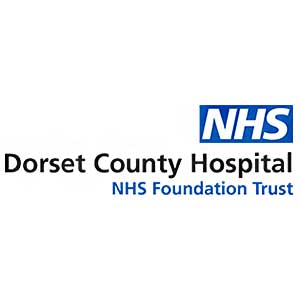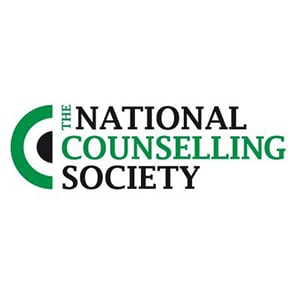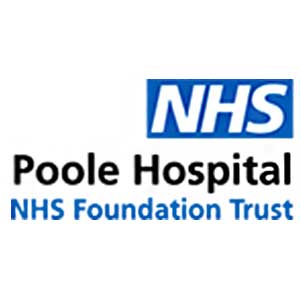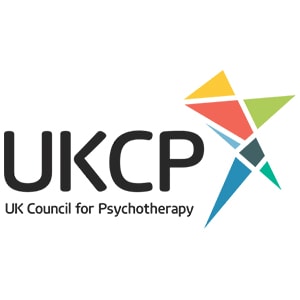Getting help for Addiction & Substance Abuse in Dorset
Breaking free from drug or alcohol addiction involves eliminating physical and psychological dependence and addressing the harmful behavioural issues that initially lead to addiction. Trying to quit drugs without professional guidance/help can be remarkably difficult -and at times dangerous – especially where physical dependence has developed over time. Alcoholism or other forms of drug addiction impact physical and mental health—and it’s often the behavioural aspects of addiction that are most apparent and troubling to friends and family.
For the rehab process to be successful, significant behavioural changes are needed whilst in treatment. The recovery success rates depend entirely on the individual’s willingness for change and commitment to those changes long-term. All good rehab facilities in Dorset should offer person-centred treatment which includes a comprehensive screening process. The treatment plan should be tailored to the needs of each individual, with regular monitoring and progress reports throughout the programme.
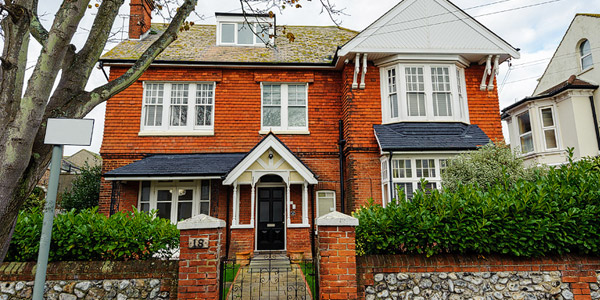
The Recovery lighthouse is an inpatient detoxification and rehab facility w…
- Private
- Holistic Treatment
- 24/7 nursing
- Residential
Featured Rehabs
Primrose Lodge is a comfortable, fully equipped detox and rehab facility. C…
Banbury Lodge is a leading CQC approved detox, rehab and therapy clinic for…
Liberty House Clinic is a fully furbished detox and rehabilitation facility…
Finding Treatment near Dorset
-
- Residential
- 12 Step
- Family Workshops
- Holistic Therapies
-
- Residential
- Drugs & Alcohol
- Aftercare
- Resettlement
- Load More
-
St Mary’s Church Hall, St Mary’s Church, The Square, Puddletown, Dorchester
DT2 8SL0 review- 12 Step
- Group Setting
- Free
- Outpatient
-
- 12 Step
- Group Setting
- Free
- Outpatient
-
- 12 Step
- Group Setting
- Free
- Outpatient
-
Park Lodge
Gloucester Road
Boscombe
Bournemouth
BH7 6JE0 review- 12 Step
- Group Setting
- Free
- Outpatient
-
- 12 Step
- Group Setting
- Free
- Outpatient
-
- 12 Step
- Group Setting
- Free
- Outpatient
-
- 12 Step
- Group Setting
- Free
- Outpatient
-
- 12 Step
- Group Setting
- Free
- Outpatient
-
Kimmeridge Court,
St Ann’s Hospital,
69 Haven Road,
Poole,
Dorset,
BH13 7LN0 review- 12 Step
- Group Setting
- Free
- Outpatient
-
54a Ashley Road, Parkstone, Poole, Dorset, BH14 9BN0 review
- 12 Step
- Group Setting
- Free
- Outpatient
-
- 12 Step
- Group Setting
- Free
- Outpatient
-
- 12 Step
- Group Setting
- Free
- Outpatient
-
- 12 Step
- Group Setting
- Free
- Outpatient
-
0 review
- Outpatient Option
- Private
- One to One
- Outpatient
-
- Outpatient Option
- Private
- One to One
- Outpatient
-
- Outpatient Option
- Private
- One to One
- Outpatient
-
0 review
- Outpatient Option
- Private
- One to One
- Outpatient
-
6 Trinity House, 161 Old Christchurch Road, Bournemouth, Dorset, BH1 1JU0 review
- Outpatient Option
- Private
- One to One
- Outpatient
-
- 12 Step
- Group Setting
- Free
- Outpatient
-
Hahnemann House
Hahnemann Road
Bournemouth
Dorset
BH2 5JW0 review- 12 Step
- Group Setting
- Free
- Outpatient
- Load More
Drug & Alcohol Rehab Services in Other Towns/Cities
- A
- B
- C
- D
- E
- F
- G
- H
- I
- J
- K
- L
- M
- N
- O
- P
- Q
- R
- S
- T
- U
- V
- W
- X
- Y
- Z
How Does Rehab Work

Treatment is provided on a one-to-one and group basis. Individuals should all receive a treatment and recovery programme customised to fully address their specific needs. Additionally, a psychiatric evaluation should also be carried out by certified psychiatrists. A rehab programme should be carried out by a team of addiction and mental health specialists, as well as spiritual counsellors, wellness specialists and medical staff.
In the UK the two main choices for rehab are inpatient residential rehab and outpatient programmes. Unfortunately, Inpatient residential rehab is rarely funded by the NHS, however outpatient programmes are available throughout Dorset on a self-referral basis. Inpatient residential rehab provides many advantages over outpatient programmes. They allow the individual to safely detox from alcohol and substances in an enclosed environment, without any temptations.
What Happens During Alcohol and Drug Rehab in Dorset
Rehab equips individuals with tools that enable them to live meaning lives without the need for alcohol or any other substances. Qualified professionals aim to create an environment that is supportive, compassionate, and caring, so that individuals can begin the healing process and begin long-term recovery. This aside, not all residential programs are identical and a person who’s struggling with alcohol or drug addiction may not be able to identify the right residential treatment programs. It is vital that before deciding upon a residential programme, you know exactly what treatment options and aftercare are available as part of the programme.
Any rehab programme should include family therapy, individual therapy, and group therapy. Medical staff should be available 24-hours a day to guide individuals through the detox stage, and help with any concerns they might have regarding detox medication and psychotherapy. Residential programmes should give free aftercare as part of all good programmes, and should agree to regular sessions to aid long-term recovery. All rehab facilities in the UK must be registered with the Care Quality Commission (CQC). The CQC provide a rating of each individual rehab ranging from “Inadequate” to “Outstanding”. To understand how well a rehab is performing, the CQC website is a good place to start, as this will identify any potential issues with an individual facility.
Addiction Therapy & Treatment Options in Dorset
When making enquiries at treatment centres, ask about the different therapy programmes they provide. A respectable rehab should have a variety of therapeutic models to help treat psychological issues associated with addiction. If existing mental health conditions are present, it would be worth asking the centre if they specialise in treating patients with dual-diagnosis. Dual-diagnosis is where the patient has both mental health conditions and addictions, which often require a specialised treatment plan. Therefore, a good rehab centre should be licensed to treat both mental health disorders and addiction – with the experience to treat substance disorders without impeding on any existing mental health issues (such as bipolar or depression).
Where dual diagnosis is concerned, many considerations need to be made for the individual’s well-being – such as the use of existing psychiatric medication and any therapy undergone prior to rehabilitation. Rehab begins with detox. The detox stage works to remove the mind-altering substances from the individual’s body before they move on to psychological treatment.
Medical Alcohol and Drug Detox
Detox is a treatment that intends to break both the physical and psychological addiction caused by drug and alcohol misuse. A medical detox can be defined as medically-assisted, as often detox medication is provided to alleviate many of the dangerous symptoms associated with withdrawal. Detox medication is not always needed, and is usually confined to individuals who are dependent on opiates, benzodiazepines, alcohol,and barbiturates.
Medical professionals will assess whether a medically-assisted detox is needed, with special considerations around the individuals existing mental health conditions and other needs. It is recommended that the detox phase is pursued within a residential setting, so that medical professionals can monitor withdrawal symptoms and any health complications.
Therapy for Alcohol and Drug Addiction
After completing detox the individual will begin the rehabilitation phase. Clinicians should employ a wide range of therapeutic models to allow for person centered treatment. One-to-one sessions should explore psychotherapy in the form of Cognitive Behavioural Therapy (CBT) and Dialectical Behavioural Therapy (DBT), amongst others. Group sessions should usually take the form of talking therapies, but may include other forms of psychotherapy such as Art Therapy, Drama Therapy, and Meditation. The aim is to provide the optimal environment that allows the individual to explore new ways of thinking, bond with peers and seek healthy, rewarding stimuli without the need for drugs or alcohol.
How Long is Rehab?
The length of stay can change depending on the circumstances of the individual, although inpatient programmes typically range from 14 days up to 90 days. Extended rehab programmes have been shown to , so it may be that longer rehab programmes are a better choice. Some inpatient rehabs have options that are “detox only” – but uk-rehab does not endorse this – as detox alone rarely addresses the underlying causes of addictions. For optimal recovery consider a 60-90 day programme. This will give you plenty of time to acclimatize to a substance free life, and allows the therapy to have a long-lasting impact on emotional and spiritual well-being.

Cost of Alcohol and Drug Rehab
A large portion of the overall cost of rehab is from Detox, as well as the length of stay and services provided. Other things to consider include amenities and location. A 30-day inpatient treatment typically costs £5000 – £10000 from most rehab centres. Cost should not be a barrier to getting addiction treatment, as often maintaining an addiction incurs a far greater cost longer-term.
Consider how much you spend to maintain your drug habit and the cost of the health issues associated with substance abuse. Private insurance can sometimes be accepted by rehabs, but you must make sure your insurance provider covers addiction treatment.
Nearest CQC Registered Rehab to Dorset
For rehab near Dorset we recommend the CQC-registered rehab clinic Recovery Lighthouse. This Rehab offers a complete and comprehensive addiction treatment programme for alcohol and drug addictions and has a good/outstanding CQC rating, in addition, treatment plans for existing mental health conditions are also included and 1-year free aftercare for both the individual and their families are provided.
If you’re seeking addiction treatment in another location, UKAT provides many rehab facilities across the UK, which all provide the same level of expertise and service. For more information on UKAT, feel free to contact their addiction specialists on 02031511488.




